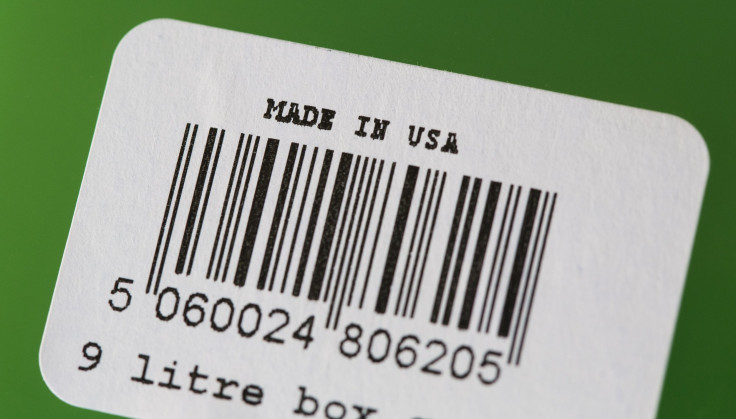India Says It Will Not Participate In A US Investigation Of Intellectual Property Rights Violations

India has rejected participating in any unilateral investigation under foreign laws, referring to a report by the U.S. Trade Representative on intellectual property rights that put the world's second-largest country on a watch list.
The U.S. Trade Representative's Special 301 report, released earlier this week, put India, along with China, Russia, Thailand and Indonesia, on its priority watch list of countries where intellectual property rights are not adequately respected. The commerce secretary of India, Rajeev Kher, said India would be willing to discuss repairing the damage to bilateral trade relations with the U.S. and other countries, but it will not agree to investigations. Intellectual property rights include patents, copyrights and trademarks.
"It is a unilateral process under their law," Kher said at a conference, according to Times News Network, adding, "They have deferred the process but that does not mean that India agreed to be a party to the investigations. Let that be very clear ... India has clearly conveyed to the U.S. that the government of India will not subject itself to investigations."
Pharmaceutical companies have been lobbying U.S. authorities to downgrade India's status, a move that could lead to a punitive action by the U.S. authorities against the country.
“The United States notes its particular concern with the proliferation of counterfeit pharmaceuticals manufactured, sold and distributed in trading partners such as Brazil, China, Indonesia, Lebanon, Peru, Russia and especially in India, the largest source of counterfeit pharmaceuticals shipped to the United States. Reports indicate that anywhere from 10-40 percent of drugs sold in Indian markets are counterfeit and could represent a serious threat to patient health and safety,” the report said.
Last September, the International Chamber of Commerce and the Federation of Indian Chambers of Commerce and Industry, released a report in which it analyzed seven main sectors that are highly vulnerable to counterfeiting, piracy and smuggling namely -- automotive parts, alcohol, computer hardware, mobile phones, packaged foods, personal goods and tobacco products. The study said that about 21.7 percent of sales, amounting to $11.9 billion were lost by rights holders in 2012 due to illicit activities in India.
“The United States urges India to take specific actions to address the concerns raised, including by means of constructive bilateral engagement. The United States also urges India to reconsider how to meet its legitimate domestic policy objectives while fostering a climate for innovation,” the report said, adding: “The United States supports India’s efforts to initiate criminal investigations and launch raids at counterfeit goods markets; combat the manufacture, sale and 38 distribution of counterfeit medicines; initiate investigations and judicial actions against Internet piracy; and seek deterrent sentences against persons or entities engaging in copyright piracy and trademark counterfeiting.”
Kher added that despite the formation of a trade policy forum by both the countries, no meeting has taken place since 2010 because the U.S. denied discussing key issues. But Kher is scheduled to meet Wendy Cutler, the U.S. acting deputy trade representative, in late June and talks may begin again between the two countries on intellectual property rights.
© Copyright IBTimes 2024. All rights reserved.





















